The Secret Garden: 10 Spicy Vegetable Seasoning Hacks That Will Change Your Kitchen Forever!
So you’ve got a fridge full of veggies, but they all taste like… well… vegetables. No offense to your kale or sweet potatoes, but let’s face it — raw talent only goes so far without the right seasoning.
Welcome to Spice Basics, where we’re diving into the world of vegetable seasoning with a side of humor, a dash of chemistry, and a whole lot of flavor magic. Whether you're a seasoned pro or just slicing onions in your PJs, this guide is for you.
Table of Contents
- Why Season Vegetables?
- Top 10 Vegetable Seasoning Hacks You Can’t Miss
- The Science Behind the Spice
- Spice & Veggie Pairing Guide
- Tools That Make Seasoning Easier (No Magic Wand Required)
- How to Store Your Seasoning Like a Pro
- Conclusion
Why Season Vegetables? It’s Not Just for Flavor
Let’s cut to the chase: plain roasted carrots are fine. But add the right spices, and suddenly you’ve got a culinary experience that makes your mouth do a happy dance.
Seasoning doesn’t just enhance flavor — it also helps balance textures and even boost nutritional value by encouraging better absorption of certain nutrients.
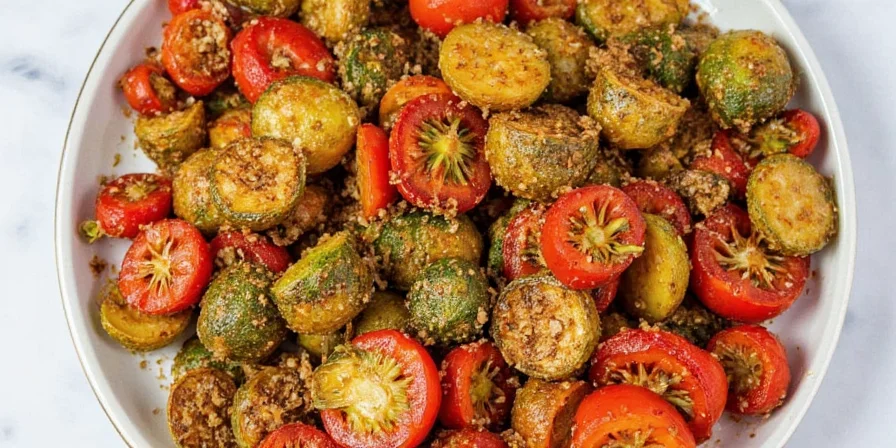
Top 10 Vegetable Seasoning Hacks You Can’t Miss
- Salt Isn’t Your Only BFF: Try flaky sea salt on finished dishes for texture.
- Cumin + Roasted Veggies = Soulmates: Especially for cauliflower and sweet potatoes.
- Lemon Zest Adds Brightness: Don’t throw away those zesters!
- Fish Sauce for Umami Boost: A little goes a long way. Even vegans approve when used sparingly.
- Smoke Paprika = Instant Depth: Great on grilled peppers or eggplant.
- Gochujang Glaze = Veggie Magic: Toss broccoli or Brussels sprouts in gochujang before roasting.
- Turmeric for Color and Health: Mix with black pepper to unlock its full potential.
- Fennel Seeds for Anise Lovers: Perfect for roasted squash or carrots.
- Sumac for Tangy Kicks: Sprinkle on cucumbers or green beans for a citrusy pop.
- DIY Blends Save Time: Mix garlic powder, onion powder, smoked paprika, salt, and pepper for an instant all-purpose veggie rub.
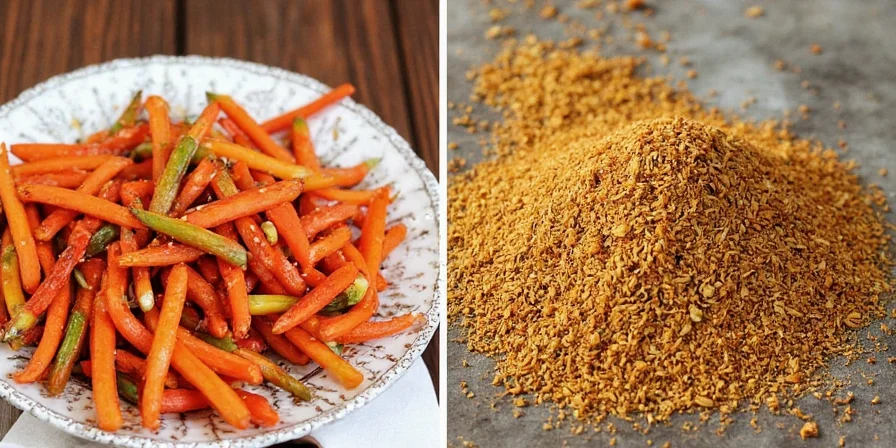
The Science Behind the Spice
You don’t need a PhD to make food taste amazing, but knowing how flavors interact can definitely help. Let’s get nerdy for a second:
| Flavor Note | What It Does | Best With |
|---|---|---|
| Umami | Adds depth and savoriness | Mushrooms, tomatoes, roasted squash |
| Sweet | Highlights natural sugars | Carrots, beets, parsnips |
| Bitter | Balances richness | Kale, radicchio, broccoli |
| Acidic | Wakes up the palate | Cucumbers, bell peppers, zucchini |
| Spicy | Adds heat and excitement | Alliums, root veggies, leafy greens |
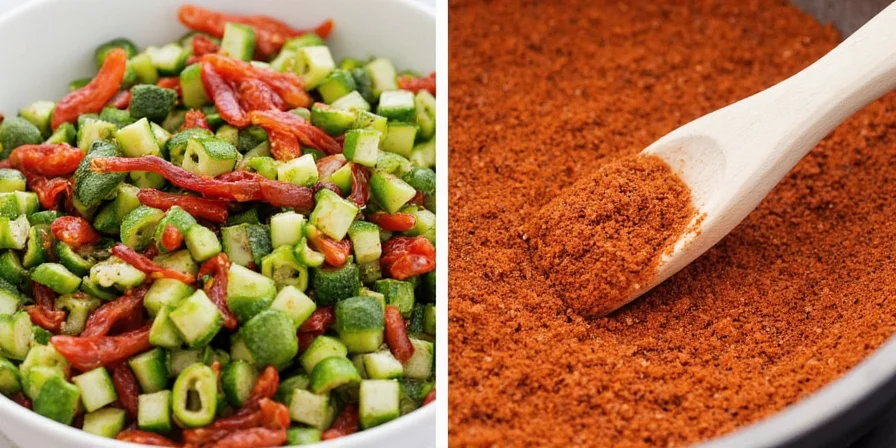
Spice & Veggie Pairing Guide
Want to know which spice belongs with which veg like peanut butter belongs with jelly? Here’s your cheat sheet:
- Broccoli: Garlic powder, lemon zest, crushed red pepper flakes
- Brussels Sprouts: Smoked paprika, balsamic glaze, Parmesan
- Cauliflower: Cumin, coriander, turmeric, chili powder
- Carrots: Thyme, cinnamon, fennel seeds, honey
- Green Beans: Sesame oil, soy sauce, ginger, chili crisp
- Eggplant: Za’atar, oregano, basil, mint
- Zucchini: Basil, dill, lemon zest, marjoram
- Sweet Potatoes: Smoked paprika, maple syrup, cayenne, chipotle
- Beets: Orange zest, caraway seeds, thyme
- Asparagus: Lemon zest, Parmesan, cracked black pepper
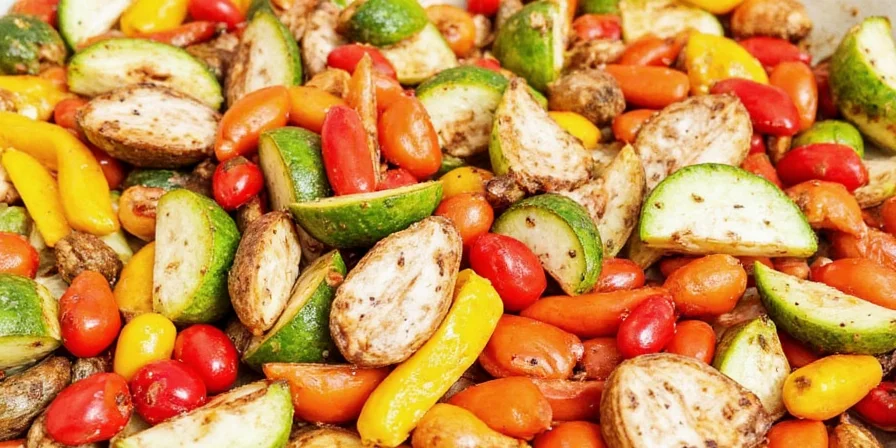
Tools That Make Seasoning Easier (No Magic Wand Required)
Having the right tools can save time and turn seasoning from guesswork to genius work. Here’s what you should have in your kitchen arsenal:
- Mortar and Pestle: For grinding whole spices into fresh powders
- Microplane: To zest citrus and grate hard spices like nutmeg
- Airtight Containers: Keep your spices fresh and organized
- Dry Measuring Spoons: Accuracy matters when seasoning veggies
- Brushes: For brushing oils, pastes, or sauces onto veggies before roasting
- Spice Rack or Drawer Organizer: Because nobody wants to play “Where’s the sumac?” at dinner time
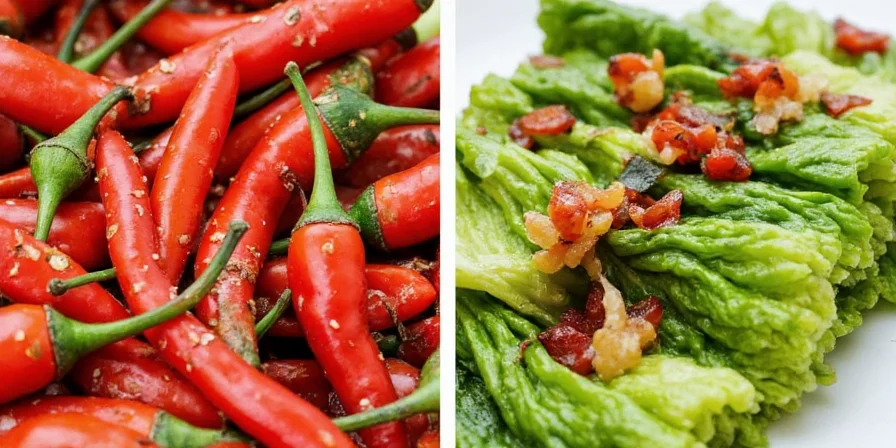
How to Store Your Seasoning Like a Pro
Ever tasted a spice and wondered why it tastes like cardboard? Chances are, it’s old or improperly stored. Here’s how to keep your spices fresh and fragrant:
- Keep Away From Heat and Light: Store in a cool, dark cabinet.
- Air Tight Is Right: Use containers that seal tightly to prevent oxidation.
- Label Everything: Helps track when you bought them and avoid mix-ups.
- Buy Whole Spices When Possible: They last longer and grind fresher.
- Replace Ground Spices Every 6–12 Months: They lose potency faster than whole ones.
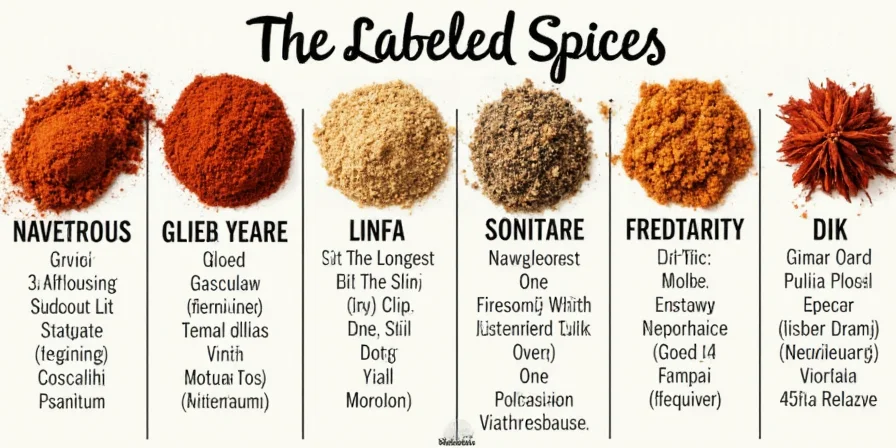
Conclusion
Vegetables may not ask for compliments, but they sure deserve some after you’ve jazzed them up with the right seasonings. With these 10 hacks, a sprinkle of science, and a bit of kitchen wisdom, you’re ready to turn every veggie dish into a star-studded affair.
Remember: The best seasoning is the one that makes you want to eat more vegetables — and maybe even lick the plate.
Happy spicing!
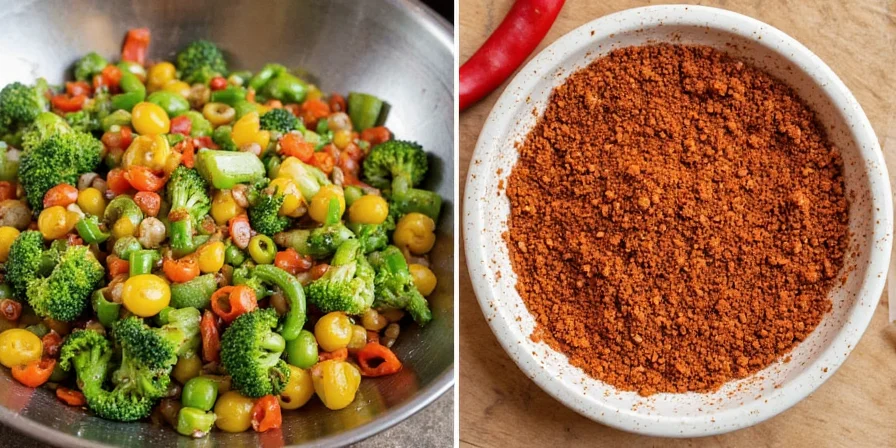
Did you enjoy this article on vegetables seasoning? Stay tuned for more deep dives into the world of spices, and remember — when life gives you bland veggies, add some flavor!

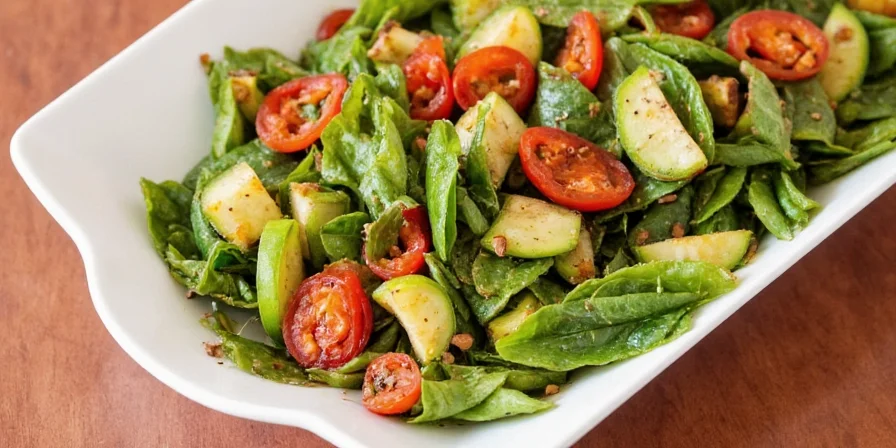









 浙公网安备
33010002000092号
浙公网安备
33010002000092号 浙B2-20120091-4
浙B2-20120091-4